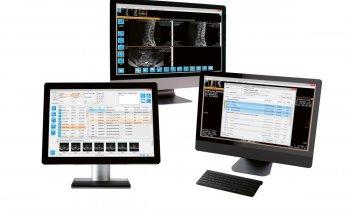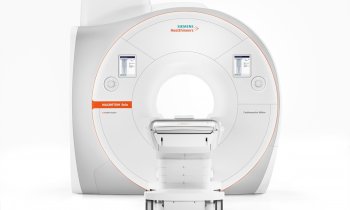Image source: PublicDomainPictures from Pixabay
News • Neural network approach to ECG
AI detects heart failure from a single heartbeat
Researchers have developed a neural network approach that can accurately identify congestive heart failure with 100% accuracy through analysis of just one raw electrocardiogram (ECG) heartbeat, a new study reports.
Congestive heart failure (CHF) is a chronic progressive condition that affects the pumping power of the heart muscles. Associated with high prevalence, significant mortality rates and sustained healthcare costs, clinical practitioners and health systems urgently require efficient detection processes. Dr Sebastiano Massaro, Associate Professor of Organisational Neuroscience at the University of Surrey, has worked with colleagues Mihaela Porumb and Dr Leandro Pecchia at the University of Warwick and Ernesto Iadanza at the University of Florence, to tackle these important concerns by using Convolutional Neural Networks (CNN) – hierarchical neural networks highly effective in recognising patterns and structures in data.
Recommended article

Article • Cardiology & radiology
AI opens up boundaries between medical disciplines
Uwe Joseph Schoepf, Professor for Radiology, Cardiology and Paediatrics and Director of the Department of Cardiovascular Imaging at the Medical University of South Carolina, discusses areas of application for AI-based radiology. The cardiothoracic imaging expert and his team were largely involved in the development and early clinical trials of the Siemens AI-Rad Companion Chest CT, a software…
Published in Biomedical Signal Processing and Control Journal, their research drastically improves existing CHF detection methods typically focused on heart rate variability that, whilst effective, are time-consuming and prone to errors. Conversely, their new model uses a combination of advanced signal processing and machine learning tools on raw ECG signals, delivering 100% accuracy.
Dr Massaro said: “We trained and tested the CNN model on large publicly available ECG datasets featuring subjects with CHF as well as healthy, non-arrhythmic hearts. Our model delivered 100% accuracy: by checking just one heartbeat we are able detect whether or not a person has heart failure. Our model is also one of the first known to be able to identify the ECG's morphological features specifically associated to the severity of the condition.”
Dr Pecchia, President at European Alliance for Medical and Biological Engineering, explains the implications of these findings: “With approximately 26 million people worldwide affected by a form of heart failure, our research presents a major advancement on the current methodology. Enabling clinical practitioners to access an accurate CHF detection tool can make a significant societal impact, with patients benefitting from early and more efficient diagnosis and easing pressures on NHS resources.”
Source: University of Surrey
10.09.2019











